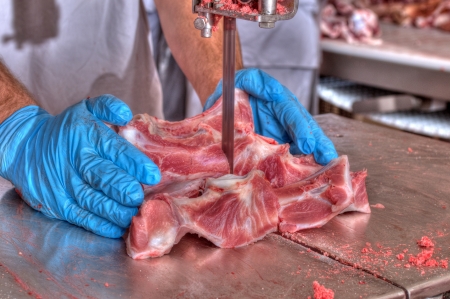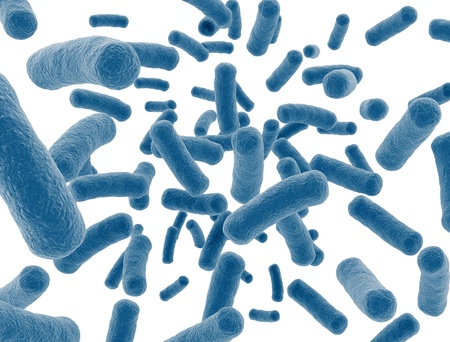New Codex Food Hygiene Guidelines

During its most recent 2016 session, the Codex Alimentarius Commission adopted two key guidelines that use sound science for setting a baseline for the fair and transparent trade in food. Most importantly, once implemented, they will have immediate and long term consequences for public health. One of them has to do with the control of Salmonellosis and the other with foodborne parasites.
We asked Dr Jose Emilio Esteban, Executive Associate for Laboratory Services in the Food Safety and Inspection Service at the Office of Public Health Science (US Dept of Agriculture) and Chair of the Codex Committee on Food Hygiene, to explain the benefits of these new guidelines.
Guidelines for the control of Salmonella in beef and pork

Salmonellosis causes tens of millions of illnesses every year and the WHO estimates the economic burden of this disease to be billions of dollars. Salmonella are ubiquitous in our environment and distributed in domestic and wild animals. It is therefore no surprise that the Codex Alimentarius has recently proposed guidelines for the control of salmonella in meat and poultry. The recently adopted guidelines provide a clear path to the reduction of salmonellosis. They address good production practices and potential interventions to reduce transmission. They also emphasize the importance of education and training for those involved in the food chain from farm to fork.
Codex has developed guidance for control measures at each step in the food chain.
Guidelines on food hygiene to control foodborne parasites
As with Salmonella, foodborne parasites cause tens of millions of illnesses and thousands of deaths every year. The Codex guidelines apply to all foods from primary production to consumption and focus on the FAO-identified riskiest foodborne parasites.
Most foodborne illnesses are preventable. Together, these two guidelines provide those involved working throughout the food chain with a single, scientifically-based reference point for producing safe food and guaranteeing fair trade.
By adopting and publishing these guidelines Codex sets an unambiguous worldwide expectation for the production and trade of food in global markets.







